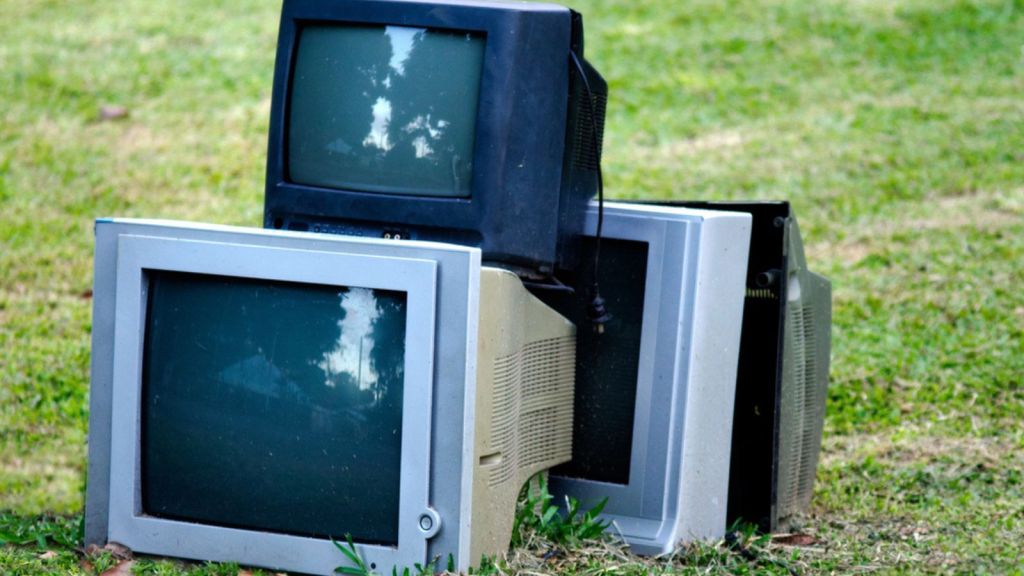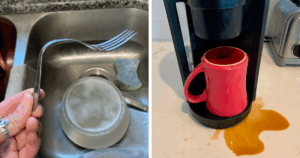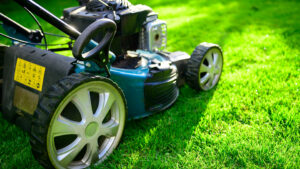“Think Before You Donate: 13 Surprising Items That Can Do More Harm Than Good!”
Have you ever had that gut-wrenching moment when you proudly present your used items for donation, only to be met with a polite yet firm rejection? You might be thinking, “I thought sharing was caring!” Well, here’s a little secret: not all donations are created equal! While it’s heartwarming to tidy up and pass on your discarded treasures to those in need, certain items just don’t cut it for charities and thrift shops. Instead of being the bearer of bad news, let’s dive into what actually belongs in the recycling bin or the trash. Ready to clear the clutter and make a difference? Let’s uncover the 13 things that simply aren’t worth donating! LEARN MORE.
Donating unused or unwanted items is a great way to help those in need, clear your space, and reduce waste. But not everything should make it to the donation bin. Have you ever tried to donate something, only to be told, “Thanks, but no thanks”? It turns out, not all items are as useful to charities and thrift stores as you might think.
As generous as we may be with our donations, some items are simply better off being recycled, repurposed, or tossed out altogether. There’s also a growing concern among donation centers about how to handle things they can’t sell or redistribute. It costs them time and money to dispose of unusable goods, which isn’t exactly the help they need.
So, before you load up the car with bags of items, here’s a guide to 13 things that just aren’t worth donating. It’s not that donation centers don’t appreciate the gesture, they just need things that are useful, clean, and sellable.













